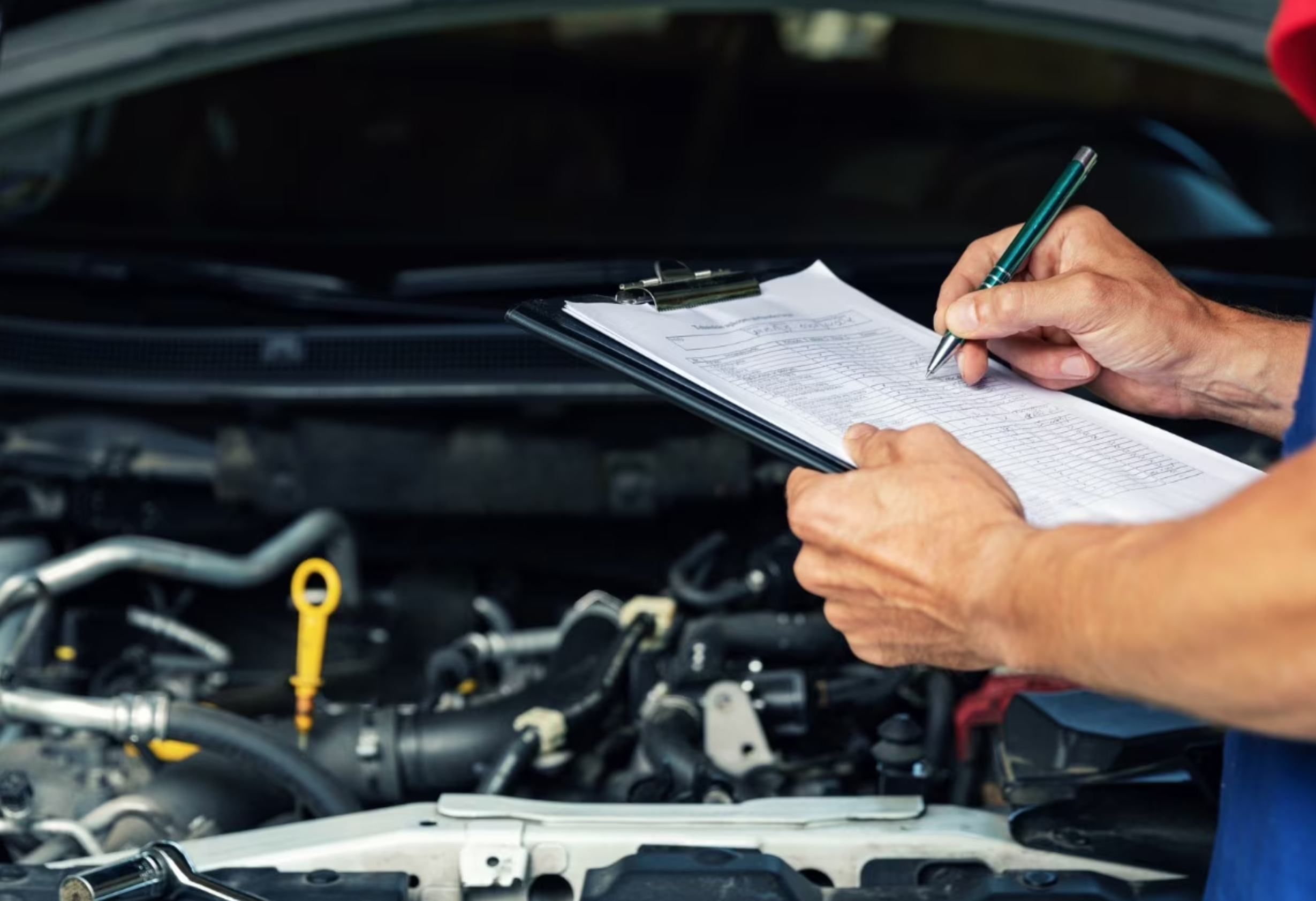Is a Vehicle Service Contract (VSC) Worth It?
June 8, 2024

As a car owner, one of the biggest concerns is the possibility of a major breakdown or repair. This not only disrupts your daily routine, but it can also put a significant dent in your finances. This is where a vehicle service contract (VSC) comes in handy. VSCs are essentially auto-extended warranties that cover the cost of repairs or replacements for specified parts and components. In this article, we will discuss the pros and cons of having a VSC.
Pros of a Vehicle Service Contract
1. Protection Against Unexpected Repair
Costs
The most significant advantage of a VSC is that it provides you with financial protection against unexpected repair costs. If your car needs a major repair, the cost can easily run into thousands of dollars. With a VSC, you can avoid these expenses and have peace of mind knowing that your car is protected.
2. Fixed Monthly Payments
A VSC usually requires a monthly payment that covers the cost of repairs and maintenance. This allows you to budget for car expenses and avoid unexpected costs that can strain your finances.
3. Convenience
A VSC provides convenience since you do not have to worry about finding a mechanic or negotiating the cost of repairs. You can simply take your car to the dealership or authorized repair center, and the cost of repairs will be covered.
4. Transferable
If you decide to sell your car, a VSC is transferable to the new owner. This can be a selling point since the new owner will have the same protection against unexpected repairs.
5. Choice of Coverage
There are different types of VSCs that cover different components and parts of your car. You can choose a plan that meets your specific needs and budget. Some plans even cover wear and tear items that are not covered by traditional warranties.
Also Read: Why Do You Need An Auto Insurance?
Cons of a Vehicle Service
Contract
1. Cost
The main disadvantage of a VSC is the cost. While a VSC can provide peace of mind and financial protection, it comes at a cost. The monthly payments can add up, and you may end up paying more for the VSC than you would for repairs and maintenance.
2. Restrictions
VSCs have restrictions and exclusions that can limit your coverage. For example, some plans may not cover pre-existing conditions, or they may only cover repairs performed by authorized dealerships. You need to read the fine print carefully to understand the limitations of your VSC.
3. Deductibles
VSCs usually come with deductibles that you need to pay out of pocket before the coverage kicks in. This can add up over time and increase the overall cost of the VSC.
4. Limited Choice of Repair Shops
VSCs often require you to take your car to an authorized dealership or repair center for repairs. This can limit your choice of car repair shops and may not be convenient if you prefer to use a local mechanic or repair shop.
5. Length of Coverage
VSCs have a limited length of coverage, usually up to a certain number of years or miles. Once the coverage expires, you are responsible for all repair costs.
Conclusion
A vehicle service contract can provide peace of mind and financial protection against unexpected repair costs. However, it is important to weigh the pros and cons carefully and choose a plan that meets your specific needs and budget. You should also read the fine print carefully to understand the restrictions and limitations of your VSC.
FAQs
Q1. What is a vehicle service contract?
A vehicle service contract is an extended warranty that covers the cost of repairs or replacements for specified parts and components.
Q2. How does a VSC work?
A VSC works by requiring a monthly payment that covers the cost of repairs and maintenance. If your car needs a major repair, you can take it to an authorized dealership or repair center, and the cost of repairs will be covered by the VSC.
Q3. Are all VSCs the same?
No, there are different types of VSCs that cover different components and parts of your car. You can choose a plan that meets your specific needs and budget.
Q4. Can I transfer my VSC to a new owner if I sell my car?
Yes, most VSCs are transferable to the new owner. This can be a selling point since the new owner will have the same protection against unexpected repairs.
Q5. Are there any limitations to VSC coverage?
Yes, VSCs have restrictions and exclusions that can limit your coverage. For example, some plans may not cover pre-existing conditions, or they may only cover repairs performed by authorized dealerships. You need to read the fine print carefully to understand the limitations of your VSC.